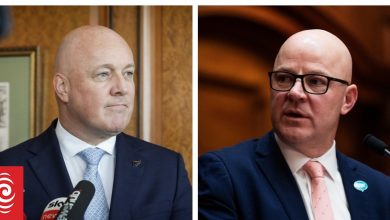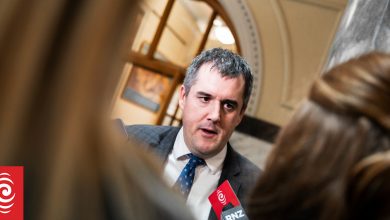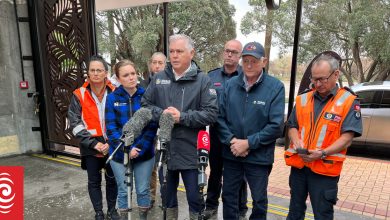The government’s methane review: Nine questions with Climate Minister Simon Watts
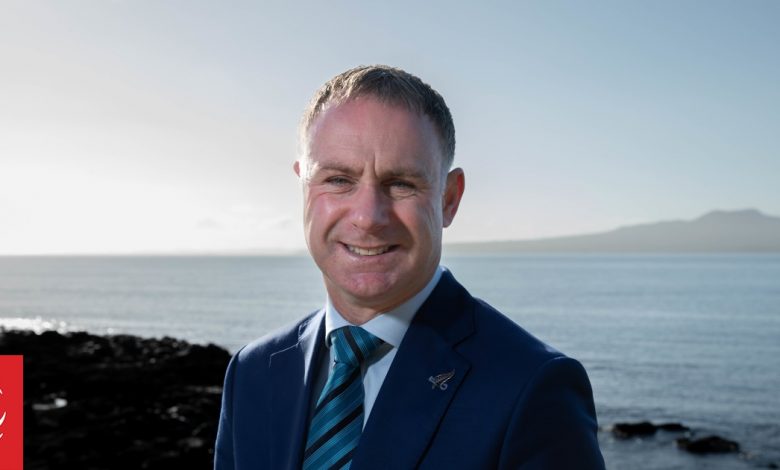
Climate Change Minister Simon Watts has defended the government’s methane review, saying it will “timebox” the contentious issue of methane targets and help farmers move on with lowering their climate impact.
The review’s terms were announced last week, shortly after the government delayed the date for pricing New Zealand’s agricultural emissions.
The government has also disbanded the industry-government group that was supposed to find a way forward on pricing the almost 50 percent of greenhouse gases that come from farming, in favour of creating its own farming sector group.
The announcement of a science panel to review New Zealand’s target for lowering methane from cows and sheep has been criticised by independent climate researchers as being a duplication of existing studies, delaying hard decisions on climate action and a “problematic” way to frame climate targets.
It is likely to result in a target lower than the existing methane cut of 24-47 percent by 2050.
Watts says the government may choose not to adopt the panel’s recommended target number, after Agriculture Minister Todd McClay appeared to say the government would adopt the findings.
The panel has been asked to report on what level of cuts would be consistent with New Zealand’s cow and sheep burps producing the same amount of heat in 2050 as they do today.
Aiming for ‘no added warming’ is the target preferred by farmers, but the Climate Change Commission has suggested it would unjustifiably lower New Zealand’s ambition.
RNZ asked Watts how he sees the panel’s role. His answers have been edited for brevity.
1. The panel’s terms of reference say that this is a science review. They won’t be looking at economic or social or fairness issues of where we should land with our target. You just want an update on what number would be consistent with a goal of ‘no added warming’, right?
Simon Watts: That’s correct, and we have a panel that represents independent individuals who are highly regarded scientists or academics.
2. If you just want an update on the numbers, why appoint a panel headed by an agribusiness expert (former climate change commissioner and former Fonterra board member Nicola Shadbolt), why not just get a couple of boffins to re-crunch the numbers for you?
Watts: The priority was ensuring a comprehensive and high-calibre panel. We want to ensure this review has credibility and the individuals have the competence required. We’re comfortable with the dynamic, the reality is we might have put people that have more capability and experience than is required, but I don’t think that is a downside.
3. Will the government adopt a ‘no added warming’ target at the end of this?
Watts: I can’t preempt the outcome of this review. We do expect the recommendations will be recommendations Cabinet will consider in due course. At the end of the year when the recommendations come back, that’s the decision we will need to make at that time.
4. Agriculture Minister Todd McClay seemed to imply you would adopt it. Is there some confusion or miscommunication?
Watts: No, no confusion there. We’ve been consistent in regards to that. The key thing is we don’t get ahead of ourselves. We need to give the independent panel time to do its work and we need to make sure when that work is done we consider it appropriately.
5. The panel won’t be telling you whether you should adopt a target of ‘no added warming’ though, they’ll be telling you what number is consistent with no added warming. You still have to decide if that is the right number.
Watts: That’s right. We’re going to have to make a decision in regards to all the available science. I’ve also signalled to the panel they should be taking into account any previous inputs in regards to work on this topic, including that provided by the Climate Change Commission and also the [parliamentary] commissioner for the environment. We want to make sure this is a thorough review and takes into account all the available evidence both domestically and internationally.
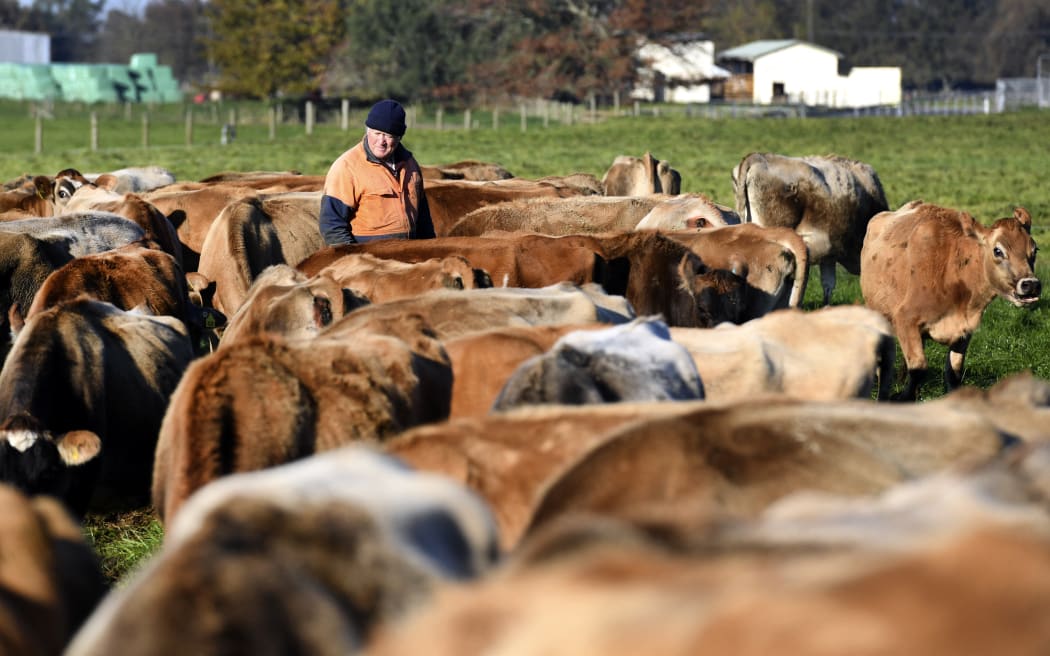
(Note: Both the Climate Change Commission and parliamentary commissioner have said there have been no major developments in methane science since the methane target was set in 2019.)
6. Is your reticence to say whether you’ll adopt a ‘no added warming’ target to do with former Prime Minister Chris Hipkins’ court case, taken against him by Lawyers for Climate Action? Because we saw there that he jumped in and made a call and then couldn’t show his workings later with respect to considering the Climate Change Commission’s advice. The commission is also looking at the 2050 target – are you avoiding saying what you’ll do to avoid getting sued?
Watts: Absolutely not, I’m simply stating the reality of what you would expect from any review that hasn’t been completed and made its recommendations yet. The reality is… we’ve been very clear about our intent to undertake this review, this is part of the coalition commitment and we’re simply following through on what we said we would do.
7. There’s been a lot of criticism of aiming for a target of ‘no added warming’, most recently from Professor Mark Howden, a prominent Australia climate scientist. These scientists are saying – and I’m paraphrasing – this is an unnecessary added layer and it would be simpler just to decide on a percentage reduction. The IPCC (Intergovernmental Panel on Climate Change) already has paths based on temperature that would get us where we need to go as a planet. Why not just look at those and decide how much our country can do towards that, why go through this lens of ‘no added warming,’ which has been called problematic?
Watts: Quite simply, the New Zealand economy relies on a strong agriculture sector. This is a question that’s been out there, and we want to answer that question so we can move on to the priority, which is how we reduce emissions in agriculture. I hear that feedback, but we’re not hesitant to make sure we do a full belts-and-braces exercise here, and get on to the priority which New Zealanders – and I think many farmers – are keen to do, which is, what role do they play to reduce the impacts they have?
8: Do you think having this review ticked off will help the farming sector move on with cutting emissions?
Watts: Absolutely, and that’s what we’re hearing loud and clear from the sector. By undertaking this review and having it done by the end of the year, we’ve effectively timeboxed that period. We said we were going to do this review, we’re doing it and we’ll act on it as part of the Cabinet process at the end of the year. That means as we move into 2025… we actually rapidly move to the implementation phase, because that is the critical aspect. The farmers I’ve spoken to absolutely see the role they play in doing what they can to reduce emissions alongside all other New Zealanders.
9. Why not give them a target now?
Watts: We’ve got to go through a process that brings everyone with us.
According to the news on Radio New Zealand

